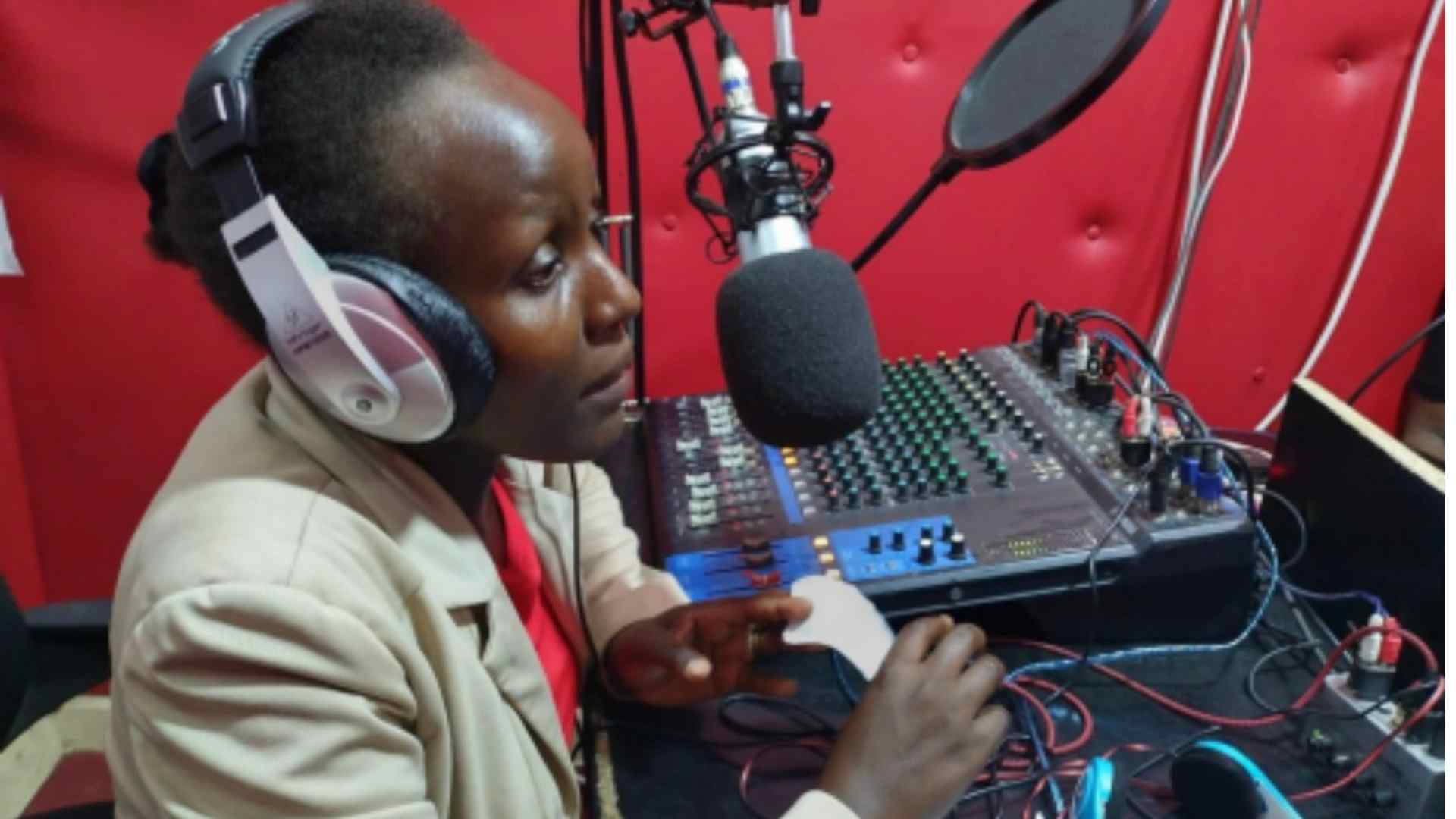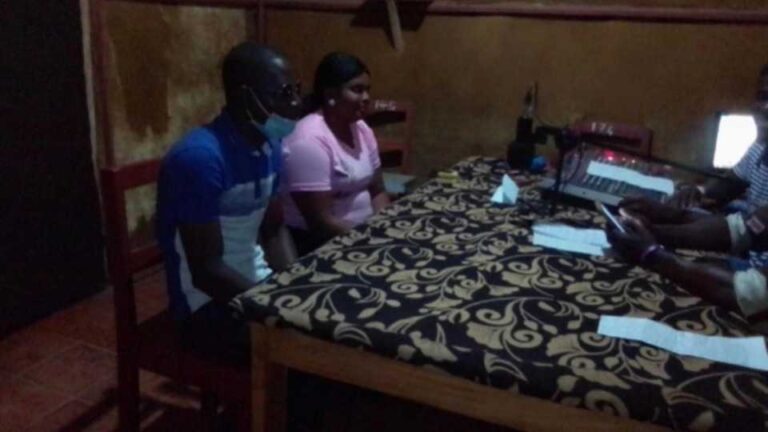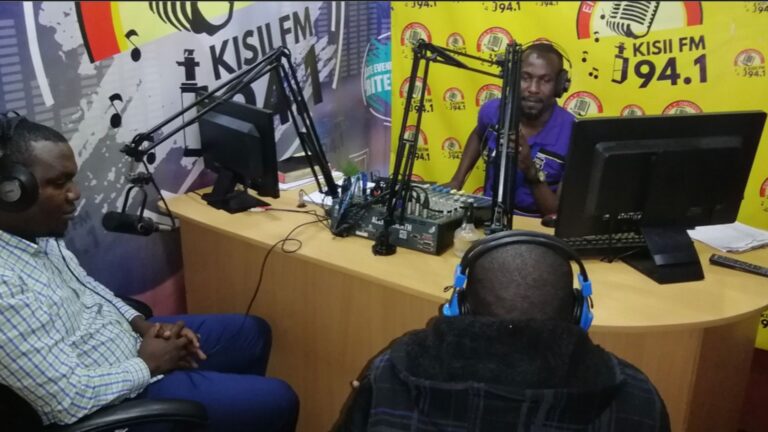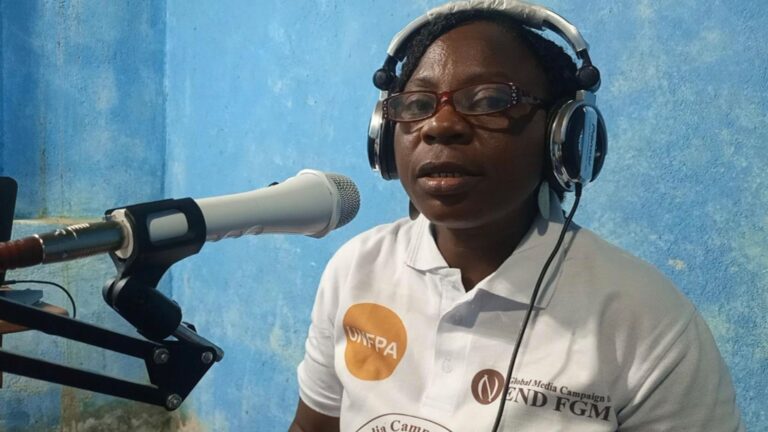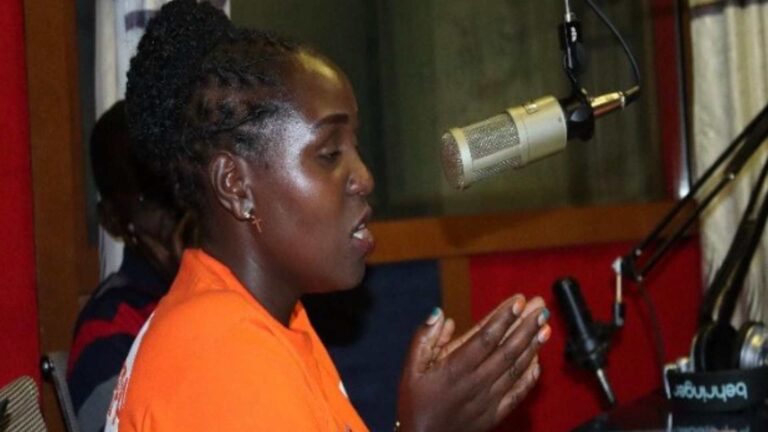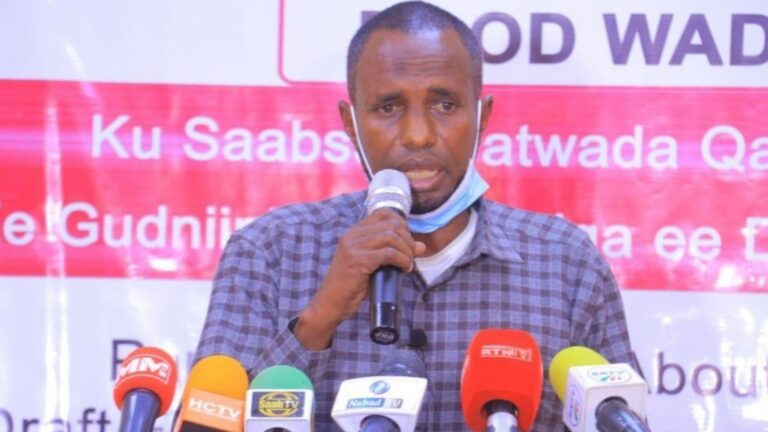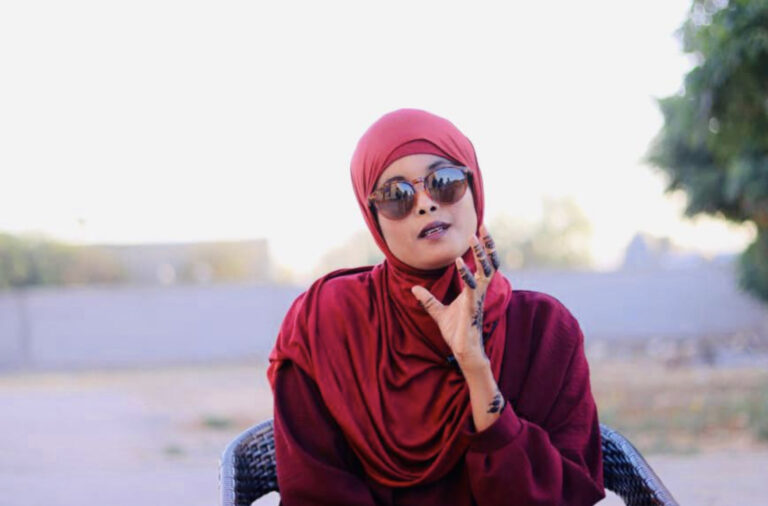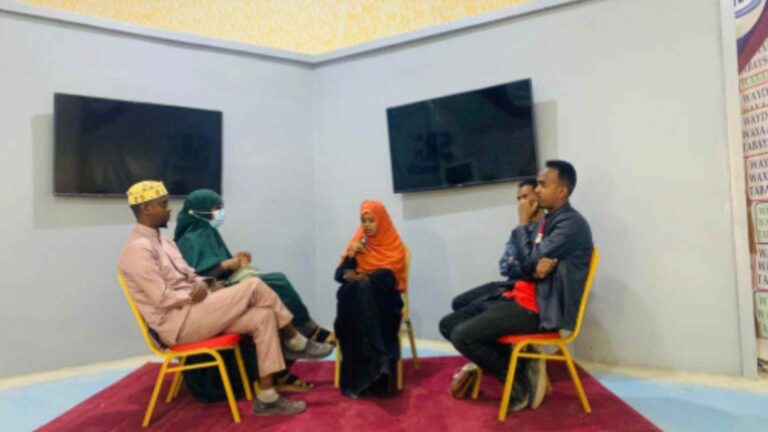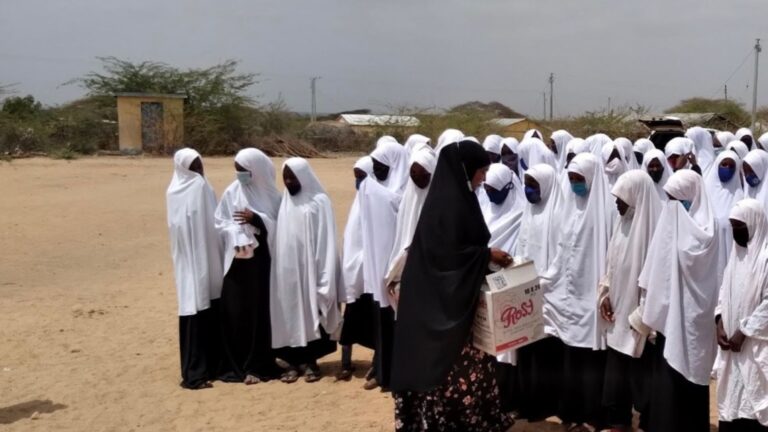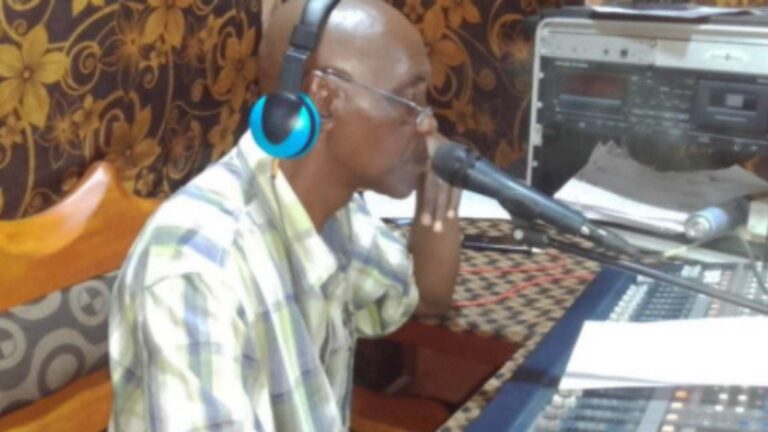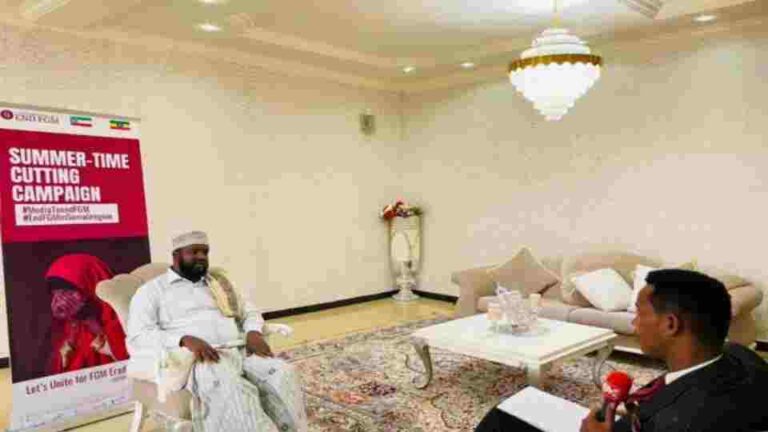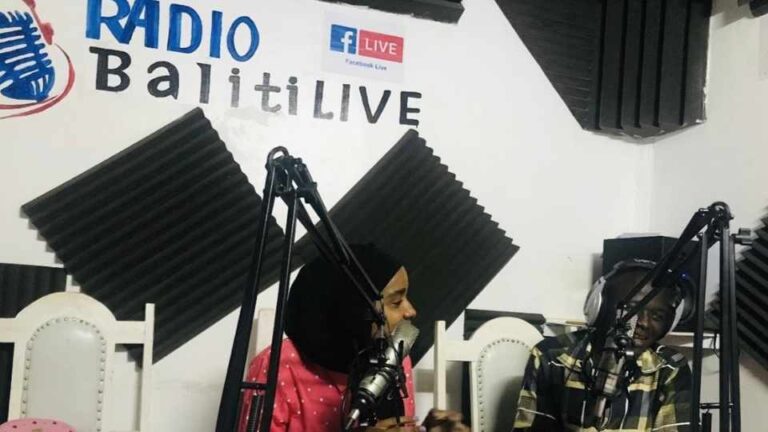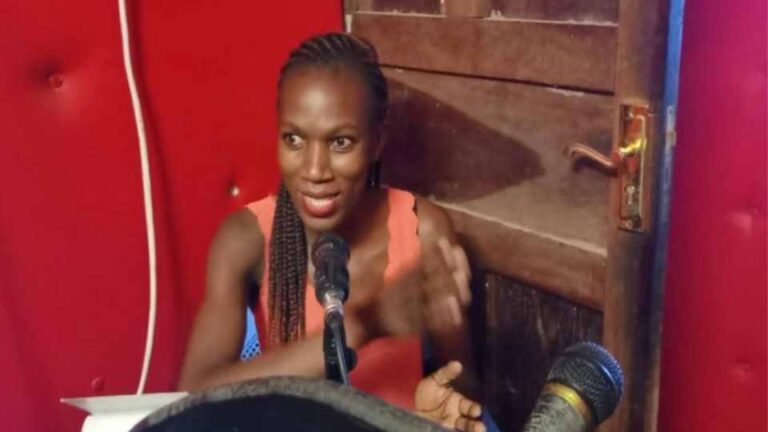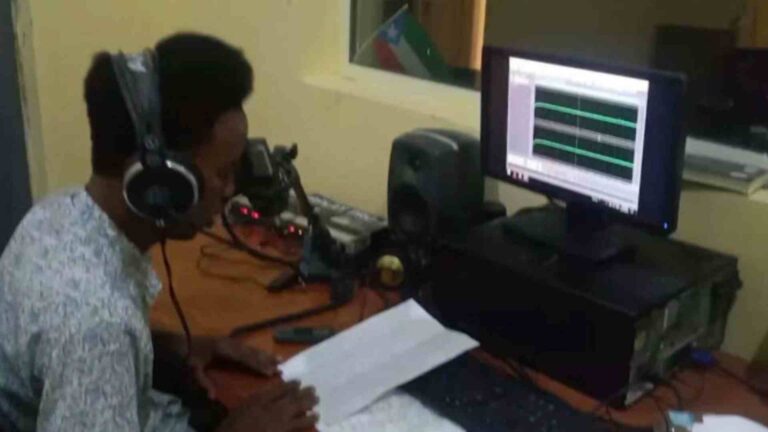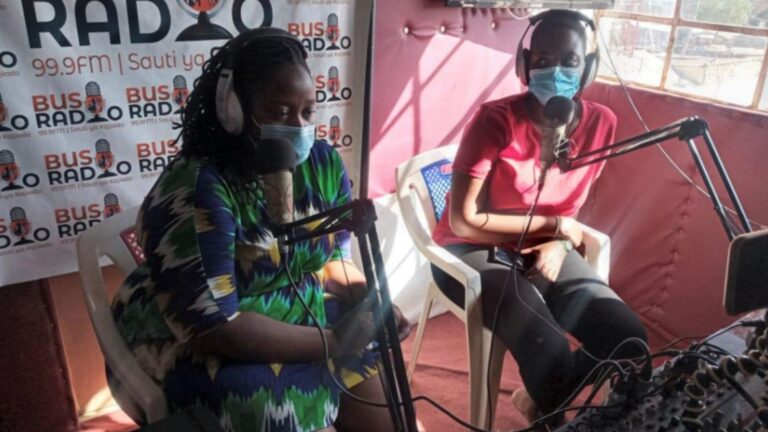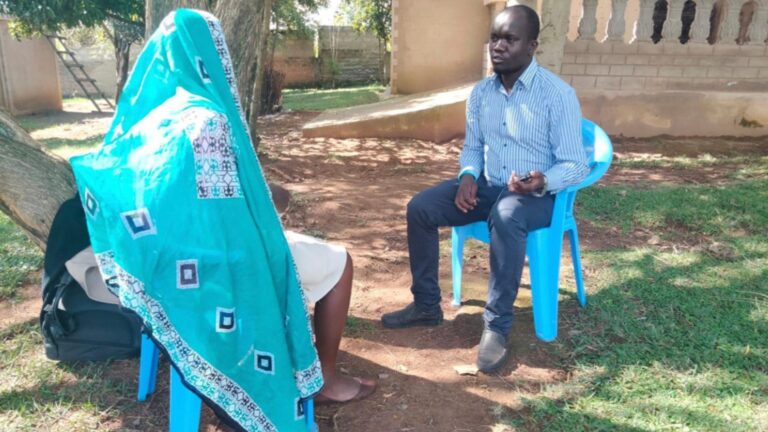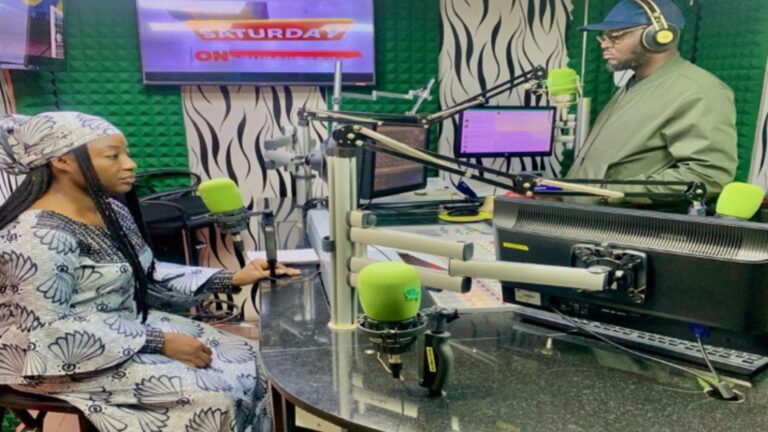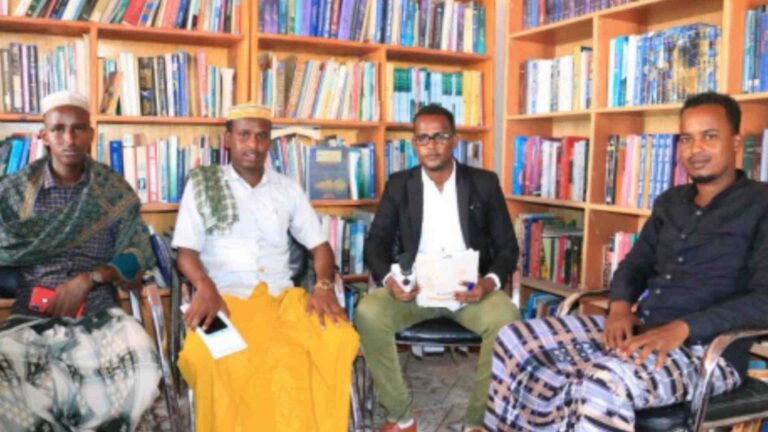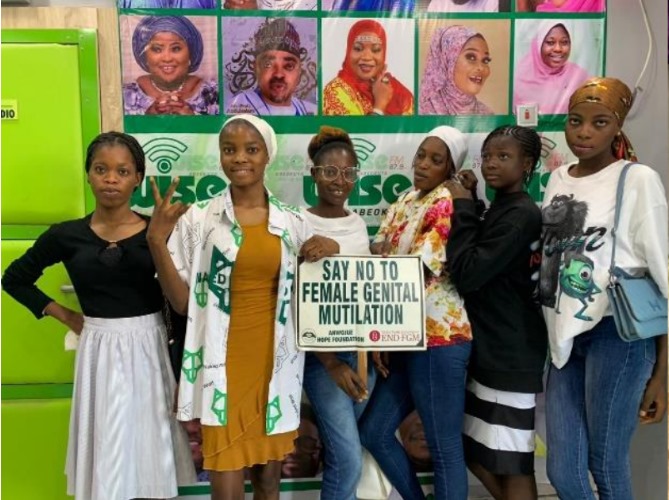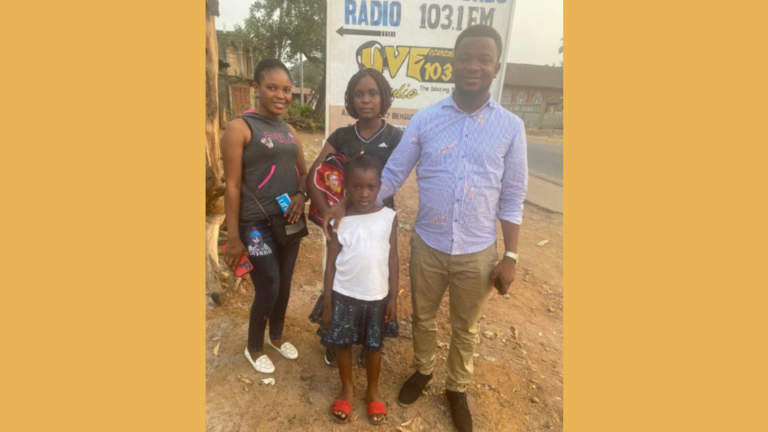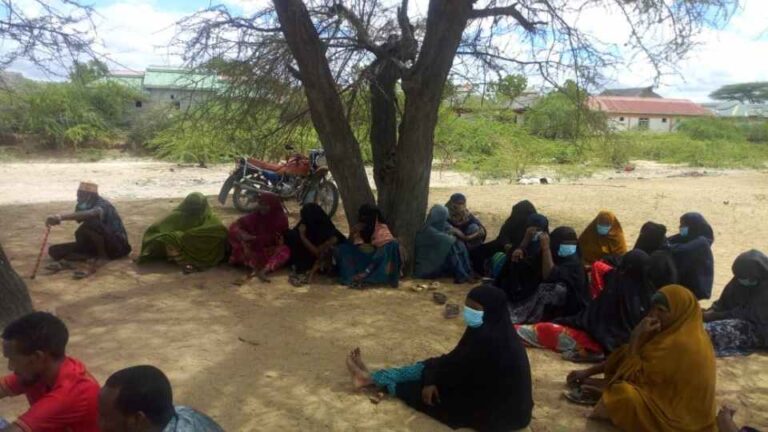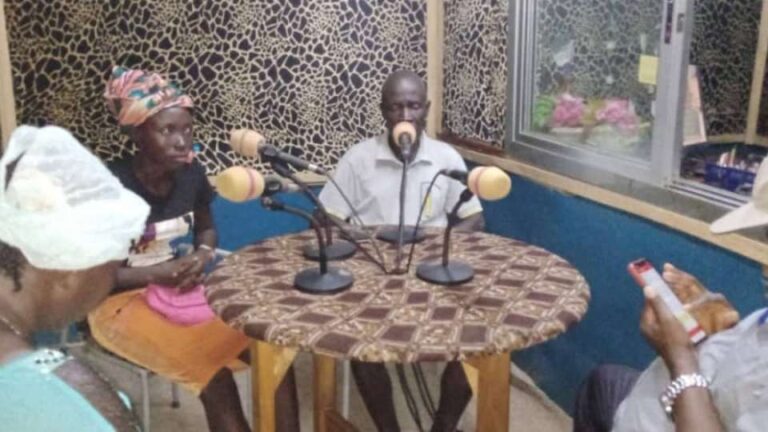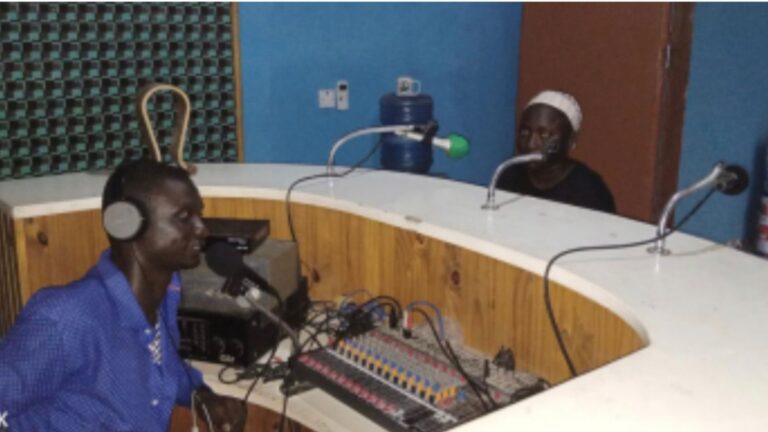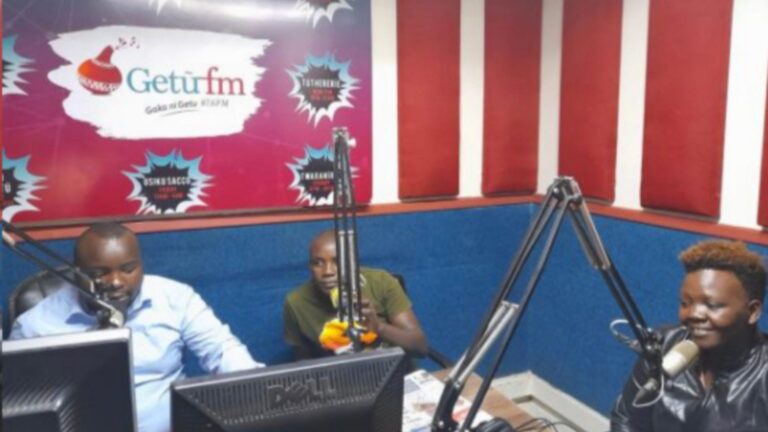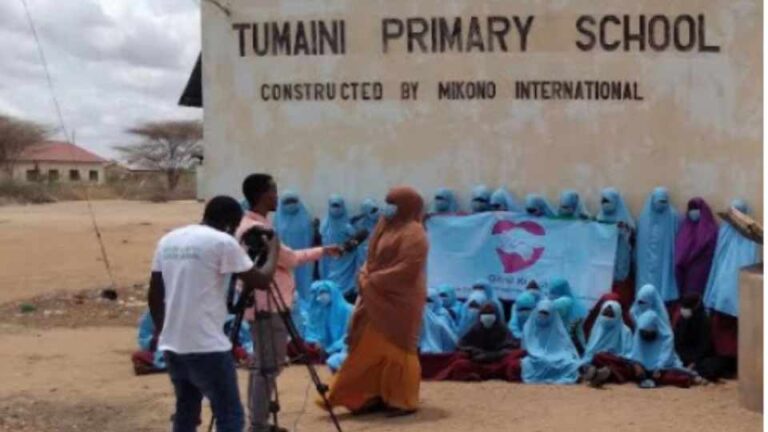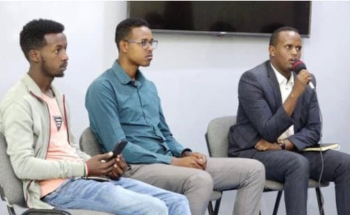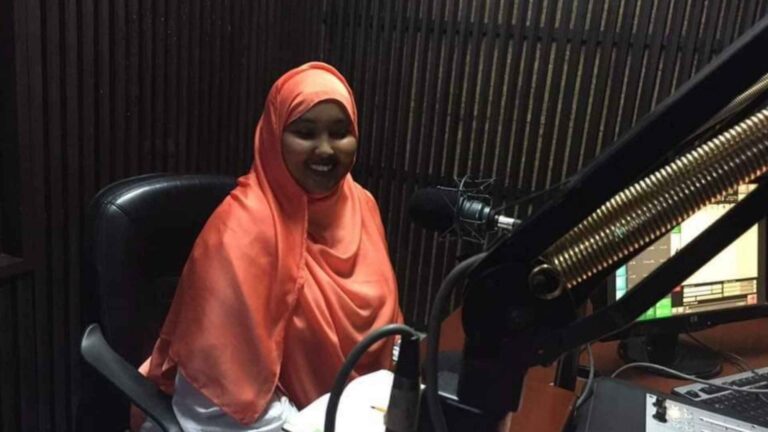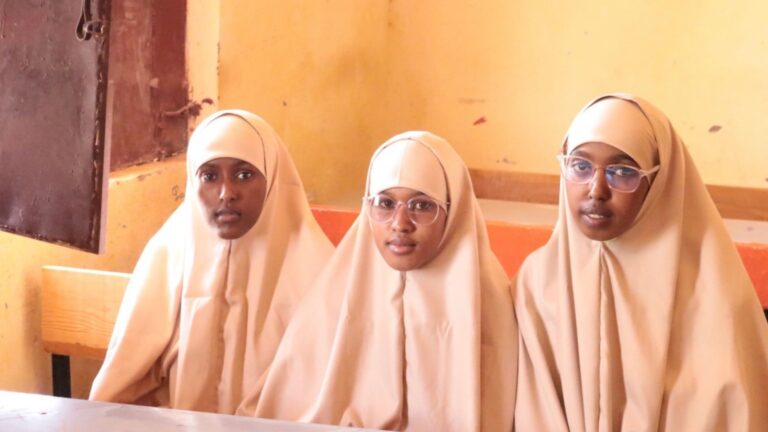By Nastehe Aftin,
We had one live Radio talkback show, the show was carried out at Tana Broadcasting Service (TBS), which is a 24 hour FM radio station located in Hola town of Tana River county. The show was hosted by Mrs. Salome Wanjala, an experienced radio presenter who used to host our various regular live Radio shows. We continued to use this FM radio station due to its vast coverage and reach.
The media coverage and reach of this radio is over 1million people that comprise Kilifi, Lamu, Garissa, and the vast Tana River county.
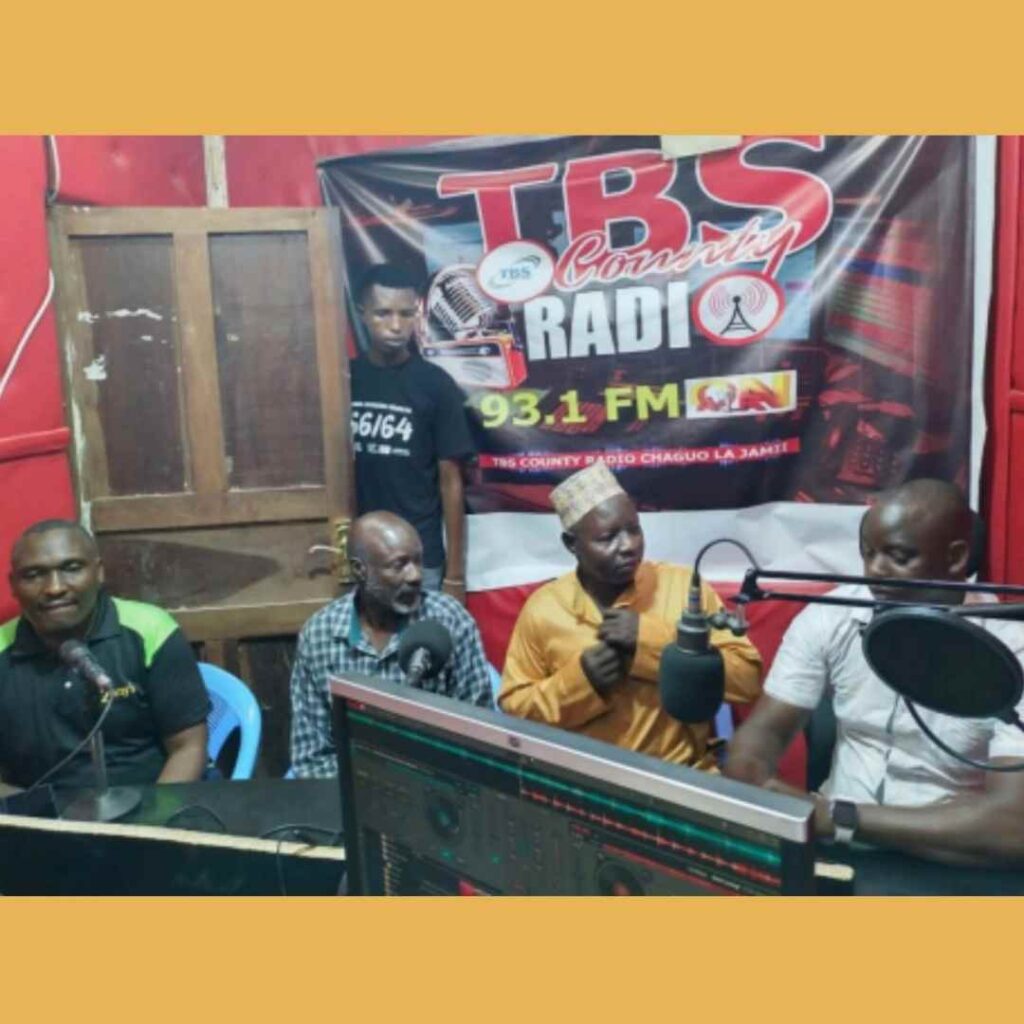
We engaged various partners that included a Healthcare provider, a religious leader, a reformed cutter, a local traditional leader, and a government gender officer. We engaged these partners due to their years of experience in the campaigns against FGM as well as their outstanding commitments and contributions towards the effort and campaigns to end FGM and other harmful cultural norms. Each of these players gave a talk on the subject and as well engaged in answering questions during questions sessions and engaged in a radio talkback show.
The Radio show success:
Our media campaign project success was evident by the number of texts, comments, suggestions from the audiences who showed lots of concerns in ending FGM and other harmful cultural norms. Such concerns were especially from male youth and married women who either said that they went through the procedure or for young men who said they prefer to marry uncut girls. Most of the questions were especially directed to either the healthcare provider or the religious leader.
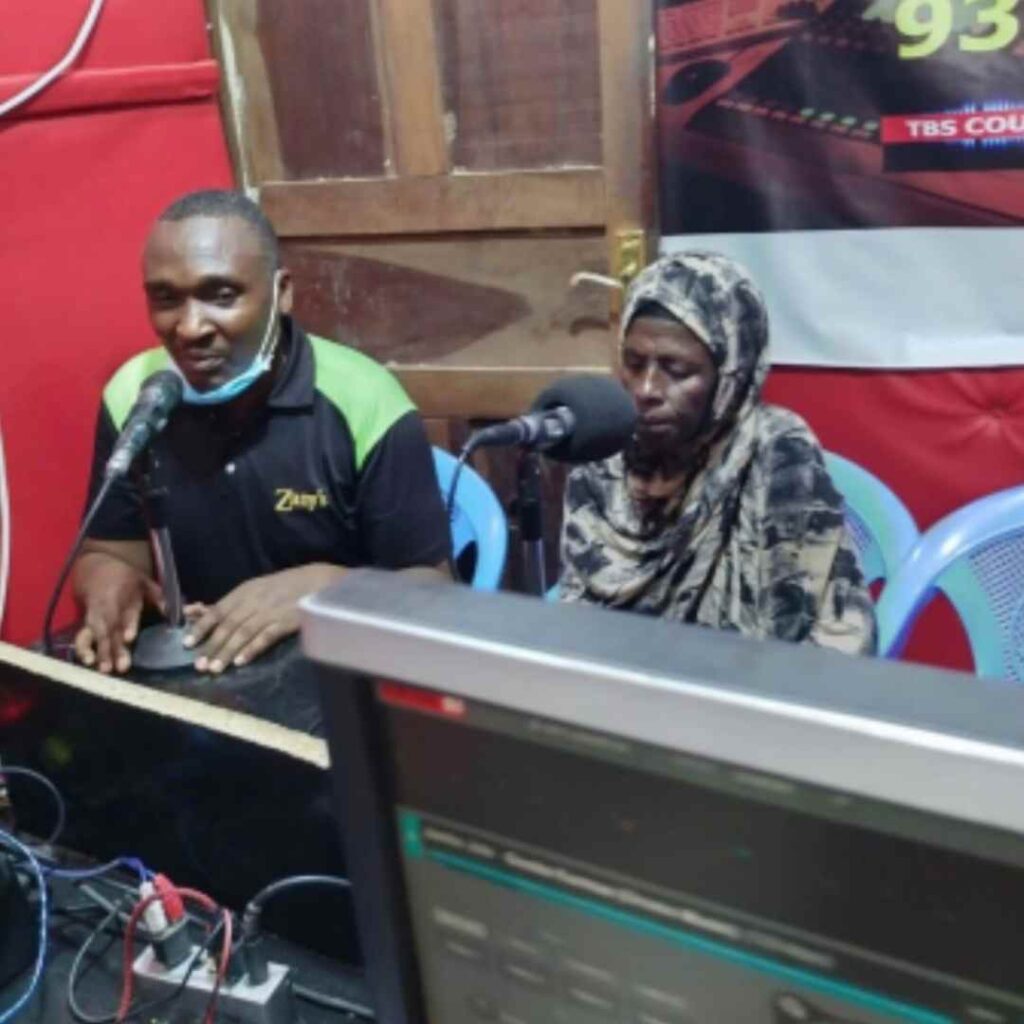
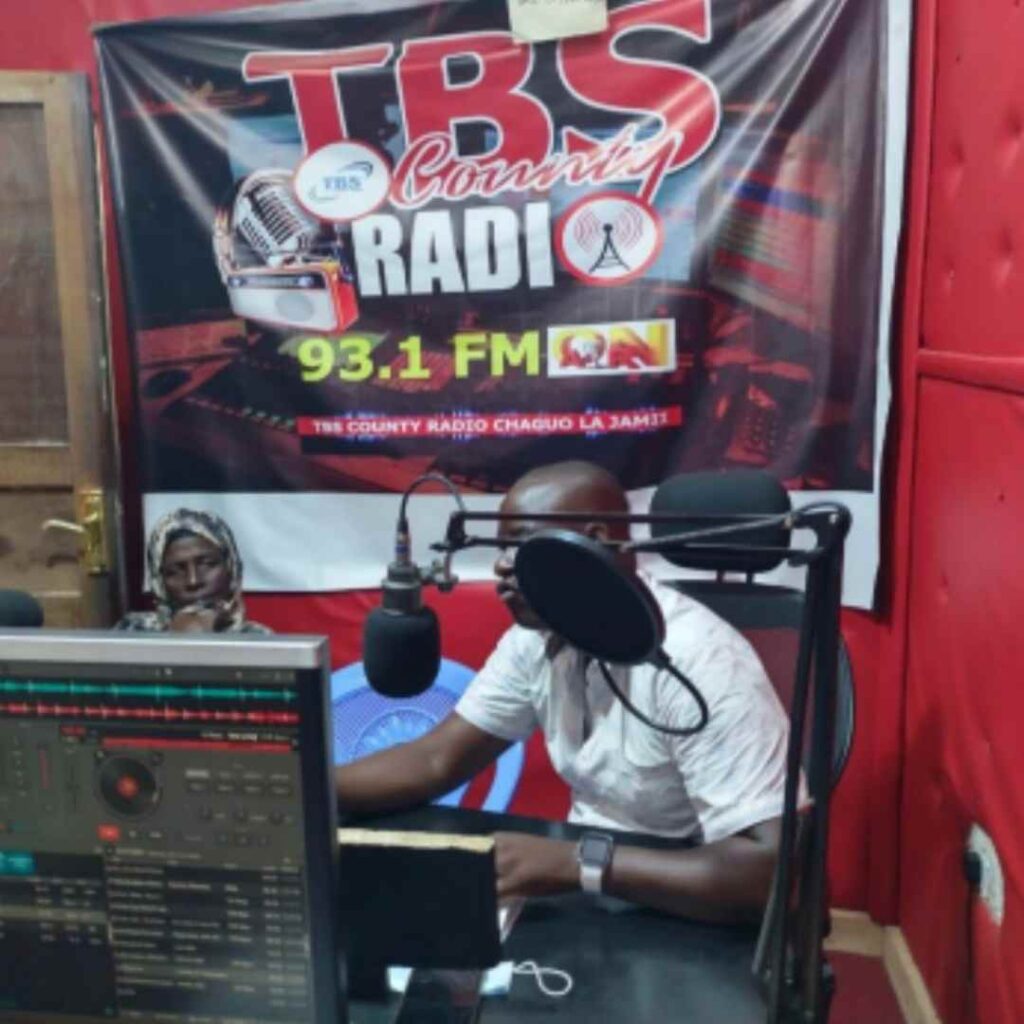
Difficulties the project encountered:
Though the project was successful, however, there were some difficulties and challenges that we encountered. These were especially evident during the project planning and execution. The vastness of Tana River county remained the major challenge to bring to the radio key participants and partners. Due to the literacy level of the people in the county, many people who were engaged during questions sessions especially the elderly people had a problem understanding some medical or health terminologies.
Strong messages:
The project was generally successful citing the audiences who either call in to contribute or asked questions with positive contributions. Some of the text messages we received also suggested the success of the project. Despite this, some callers had a different opinion regarding FGM especially when the traditional and the religious leader were giving a talk. These linked strongly FGM either to Islamic religion or traditional rite of passage. In summary, the strong messages that came out of the media project need for similar media talk shows in the future as the communities commended on how educative the project is.
Unexpected wins:
Some unexpected wins that we realized and or achieved included the number of callers who strongly promised to help Dayaa Women Group in the fight against the vice. The Literacy level of most callers especially the elderly people remained a challenge especially in understanding some of the medical terms.
The vastness of Tana River county also remained a challenge especially in reaching out and bringing some of the key partners who live in some villages in the county.
Next time…
If I were to carry out this activity again, some of the things I would have to do differently is included some other partners to give a talk such As FGM survivors who developed obstetric fistula to give a talk, share their experience and history on the pain and trauma associated with the operation.


